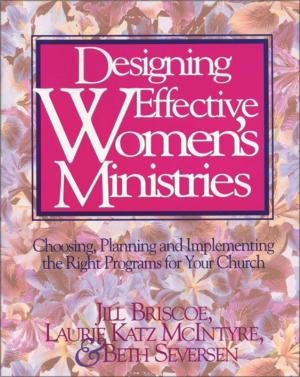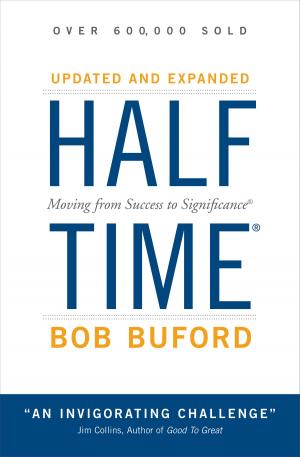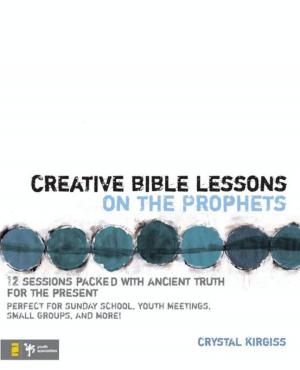| Author: | Timothy Keller | ISBN: | 9780310516958 |
| Publisher: | Zondervan | Publication: | September 3, 2013 |
| Imprint: | Zondervan | Language: | English |
| Author: | Timothy Keller |
| ISBN: | 9780310516958 |
| Publisher: | Zondervan |
| Publication: | September 3, 2013 |
| Imprint: | Zondervan |
| Language: | English |
Our goal as Christians and Christian ministers is never simply to build our own tribe. Instead, we seek the peace and prosperity of the city or community in which we are placed, through a gospel movement led by the Holy Spirit. Movements like these do not follow a “bounded-set” approach in which you only work with others who can sign off on nearly all your distinctive beliefs and practices. Rather it follows a “centered-set” orientation in which you work most closely with those who face with you toward the same center. That center is a classic, orthodox understanding of the gospel of Jesus Christ, a common mission to reach and serve your city, and a commitment to have a generous, Christ-focused posture toward people who disagree with you. It’s a type of movement that is missional, integrative, and dynamic.
** **
This eBook contains the seventh part of Center Church, “Integrative Ministry.” In it, Keller examines what is required to apply a Center Church theological vision to four “ministry fronts.” Churches must first seek to connect people to God through evangelism and worship. Second, an integrated church will work to connect people to one another through community and discipleship. The church should also seek ways of connecting people to the needs of the city through mercy and justice ministries. Finally, churches must help connect people to the culture through the integration of faith and work.
Our goal as Christians and Christian ministers is never simply to build our own tribe. Instead, we seek the peace and prosperity of the city or community in which we are placed, through a gospel movement led by the Holy Spirit. Movements like these do not follow a “bounded-set” approach in which you only work with others who can sign off on nearly all your distinctive beliefs and practices. Rather it follows a “centered-set” orientation in which you work most closely with those who face with you toward the same center. That center is a classic, orthodox understanding of the gospel of Jesus Christ, a common mission to reach and serve your city, and a commitment to have a generous, Christ-focused posture toward people who disagree with you. It’s a type of movement that is missional, integrative, and dynamic.
** **
This eBook contains the seventh part of Center Church, “Integrative Ministry.” In it, Keller examines what is required to apply a Center Church theological vision to four “ministry fronts.” Churches must first seek to connect people to God through evangelism and worship. Second, an integrated church will work to connect people to one another through community and discipleship. The church should also seek ways of connecting people to the needs of the city through mercy and justice ministries. Finally, churches must help connect people to the culture through the integration of faith and work.















